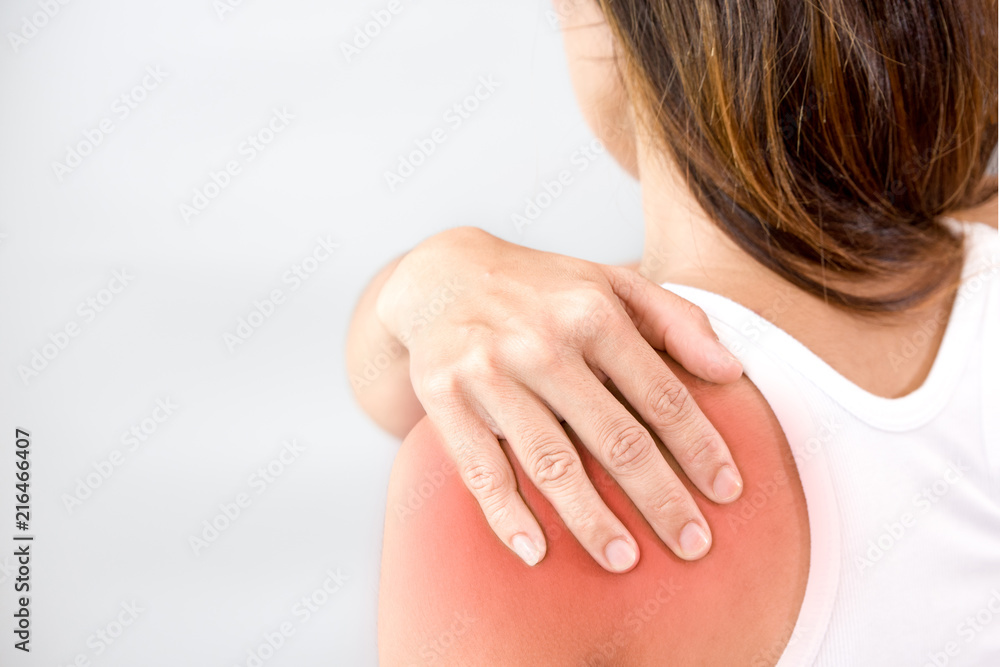
Shoulder impingement syndrome, also known as shoulder impingement, is a common cause of shoulder pain. It occurs when the rotator cuff tendons (a group of muscles and tendons that stabilize the shoulder) and the bursa in the shoulder between the acromion and the humerus become pinched or irritated. This leads to inflammation and pain in the shoulder area.

Diagnosis
Impingement syndrome is usually diagnosed by a combination of clinical examination, patient history, and imaging techniques such as x-rays or an MRI scan. The doctor will check the shoulder's range of motion and stability to determine if the typical symptoms of impingement are present.

Cause
The most common causes of shoulder impingement syndrome are:
- Repetitive overhead movements: Sports such as tennis, swimming, or certain occupations that require frequent overhead movements can increase the risk of impingement syndrome.
- Muscle imbalance: An imbalance in the muscles around the shoulder can cause the tendons to be out of alignment and become pinched.
- Injuries or inflammation: Previous shoulder injury or inflammation may increase the risk of impingement.

Therapy
Treatment of shoulder impingement syndrome depends on the severity of symptoms. In most cases, impingement syndrome can be treated conservatively. Possible therapeutic approaches include:
- Physical therapy: Targeted exercises can help strengthen the muscles around the shoulder and correct the imbalance. This reduces the pressure on the pinched structures.
- Anti-inflammatory drugs: Non-steroidal anti-inflammatory drugs (NSAIDs) can relieve pain and inflammation.
- Injections: Sometimes corticosteroid injections are given in the shoulder to reduce inflammation and relieve pain.
- Rest: temporarily avoiding stressful activities that could worsen symptoms.
- Surgical intervention: if conservative measures are not sufficiently effective or the cases are severe, surgery may be considered to widen the space under the acromion to reduce pressure on the tendons.
It is important to see a doctor for shoulder pain to get an accurate diagnosis and plan appropriate treatment. Self-treatment may in some cases aggravate the situation, so it is advisable to seek a professional opinion.
